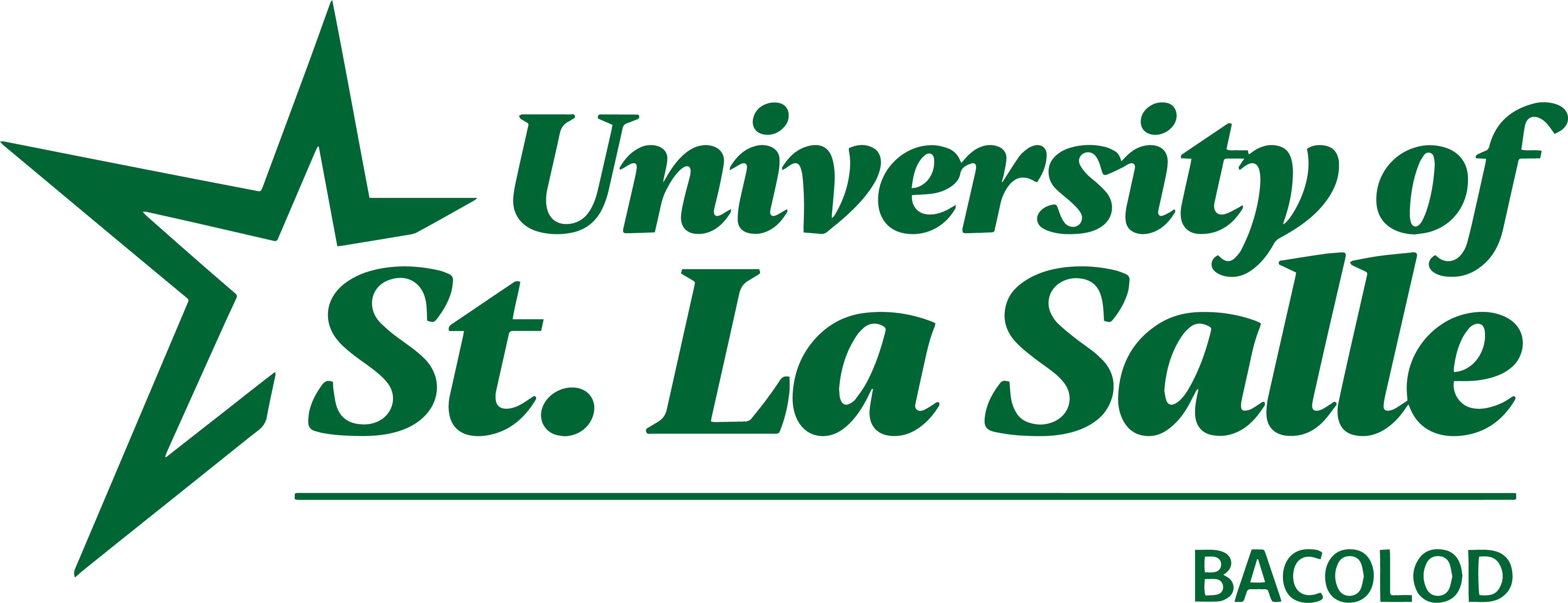Cooperative Learning in Improving the Reading Skills and Academic Performance of Grade 2 Learners
N/A
Cite this article Read this article
ABSTRACT
Knowing how to read is considered a crucial component of learning, and not knowing how to do so has serious consequences for learning. This study examined whether cooperative learning enhances children’s academic performance and reading abilities in grade 2 by drawing on prior studies. This study had a descriptive design and used the total population survey method. Additionally, the pre-test and post-test used the same instrument, the standardized EGRA (Early Grade Reading Assessment) Tool. The study included 31 students, 18 males, and 13 females. The frequency, mean, variance, and standard deviation were utilized to analyze the data and provide answers to the study questions. The z-test was also employed to evaluate the null hypothesis. The results of this study demonstrated that the Cooperative learning strategy resulted in an improvement in the learners' average performance. Additionally, when Cooperative learning was added to the pre-test and post-test using the EGRA (Early Grade Reading Assessment) Tool, the participants' mean scores increased from 155 to 195, a difference of only 40 that could be observed. Since the z value was -4.91, the Z Test demonstrated that the group's statistical results differed statistically. It was concluded that students' reading comprehension and academic performance improve when Cooperative learning is implemented in the classroom. According to the authors, the cooperative learning of students will become more important if school activities are based on the preferred learning style of the students and curriculum developers make the decision to take the learning styles of the students into consideration when creating teaching modules.
Keywords: cooperative learning, reading skills, academic performance

Volume 1, 2020 EDITION
Published 2020
Editor's Note


